
Every year for the last seven years, the prestigious Lake Nona Impact Forum brings experts, doctors, professionals and those who are making a difference in all aspects of health and wellbeing together for three days. This forum was jam-packed with a whirlwind of information – from the past, present and future – leaving all in attendance in awe of mankind. Nonahood News was present during the forum for the ultimate coverage, and here’s a recap of only a handful of topics and discussions that took place.
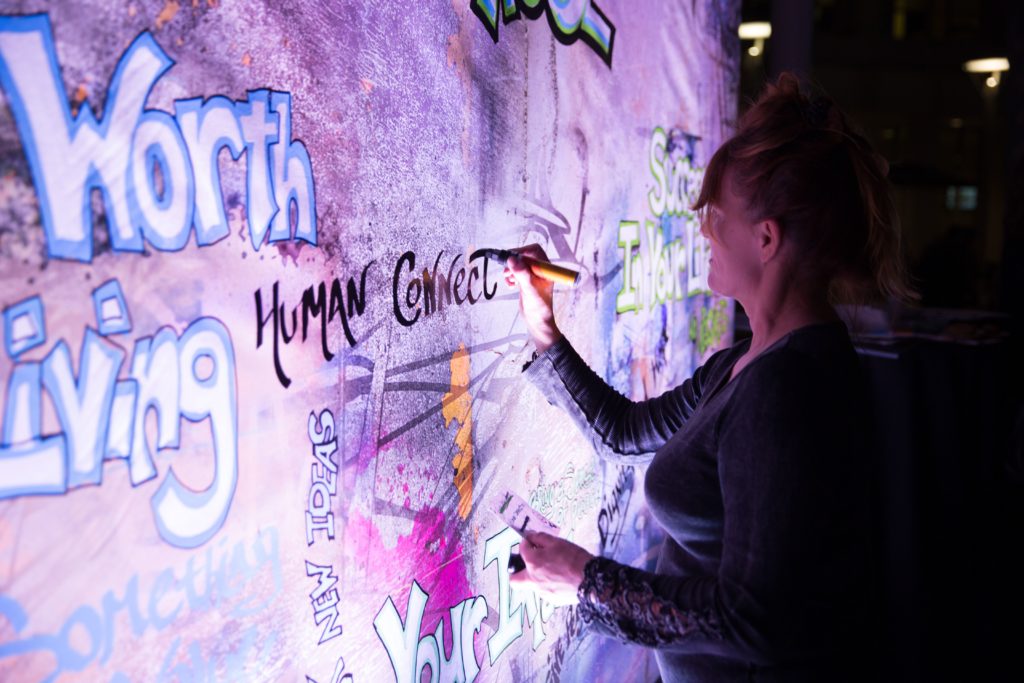
One Nation Under Stress
A topic we all understand because most of us experience it every day, stress has become a major epidemic in the United States, affecting generation after generation. But, younger children are feeling more stressed than their counterparts. Why?
Sanjay Gupta, MD, Chief Medical Correspondent of CNN and a staff neurosurgeon for the Emory University School of Medicine, helped break down positive stress, negative stress, and how too much of it can be detrimental.
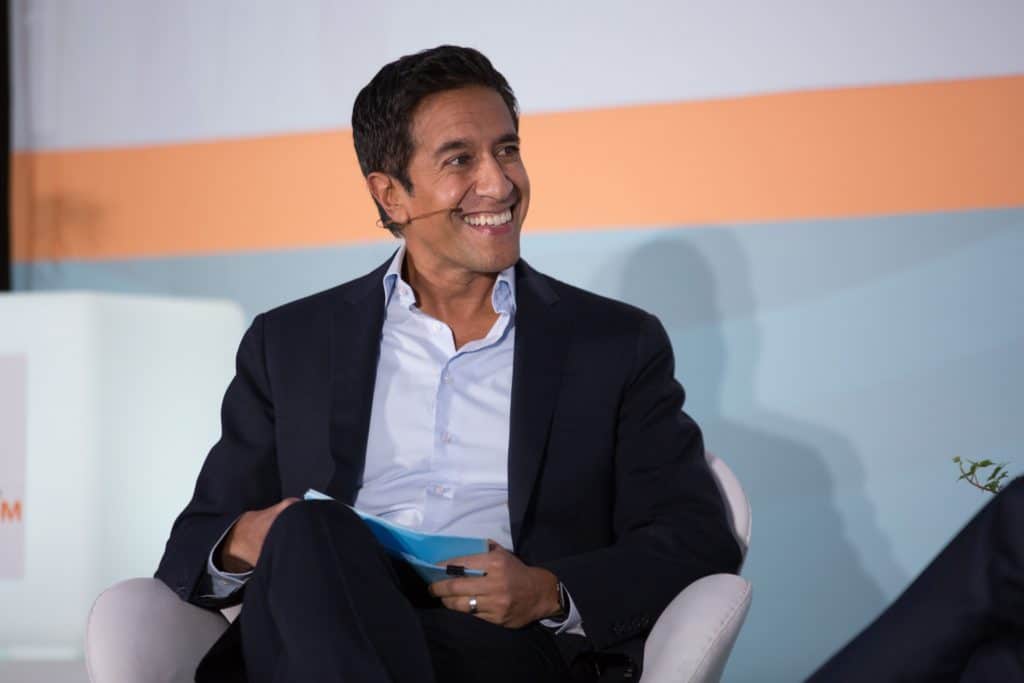
“Neverending toxic stress … that’s the stress that’ll kill you. Stress is not the enemy. It’s really that constant nature of stress.”
Gupta continued to eliminate causes of stress (healthcare issues, drug issues, etc.) and noted the pressures of this demographic. Some are quick to judge how “Millennials” and “Gen-Xers” are constantly complaining, but does anyone stop to think about the constant pressures of society? Gupta noted that this demographic is the “sons and daughters of what is known as the ‘greatest generation.’ ” Parents of those in question came back from war and built this country, and those children “were supposed to inherit the Earth and instead see their jobs leaving, death increasing, and dying sooner.”
Why is a “hand-off” viewed as something to complain about, one might ask? Gupta explained that the idea of expecting something and not receiving it can become a very toxic stressor. There is a certain inequality in life nowadays – the balance thrown off – as there is an increase in mortality and a decrease in life expectations. Glaring inequality can be very detrimental, according to Gupta.
Did we do this to ourselves? That’s a big question. Gupta noted the death by suicide rates that have increased drastically, there’s an opioid epidemic taking over the country, more liver cirrhosis, and these have one thing in common: They are all self-inflicted. The existential question is what is driving it. The stress of expectations? The stress of being able to do better? Our parents (Gen-Xers and Baby Boomers included) did all of these amazing things for the foundation of our country, and we (current generations of the youth) are supposed to surpass those expectations … it’s the evolutionary dream. It’s evident that some don’t feel they’ve received what they deserve, and that, Gupta said, is “the framework of the psychology that is happening.”
We are living in a constant state of stress, and it’s reaping havoc on society. Stress is generational, but for the same reasons of dashed expectations. If we define the core causes of what is actually happening here, we learn that expectations are ultimately the root cause of the constant stress and toxic lifestyles found in today’s society. Gupta quoted a line from Robert M. Sapolsky’s Why Zebras Don’t Get Ulcers, “Zebra’s don’t get ulcers not because they don’t get stressed, but because they’re not constantly stressed.” He continued to explain that we’re living in a state of hypervigilance and hyper stress as a result. The current generation has some of the highest stress levels that we have now recorded.
What would Gupta prescribe to overcome the overwhelming stress? “The answer is not to go back, it’s to move forward. In order to care for ourselves, we have to care for each other. The opposite of stress is social support and cohesion, and 70% of stress is preventable.” It’s our fate.
Mental Wellbeing: The Fate of the Nation
Mental health is slowly becoming less of a faux pas as we embrace the truth. A crucial aspect of one’s overall health and wellbeing, mental health impacts everyone (whether we want to admit it or not) and is only becoming more and more of a critical issue in schools, workplaces, families and society as a whole. Kevin Hines, a best-selling author, global public speaker, and an award-winning documentary filmmaker, spoke about his experience and everyday battle with mental health – diagnosed with bipolar depression (BD) – as he gave us insight into his attempt at suicide. Hines leaped from the Golden Gate Bridge and had immediate regret.
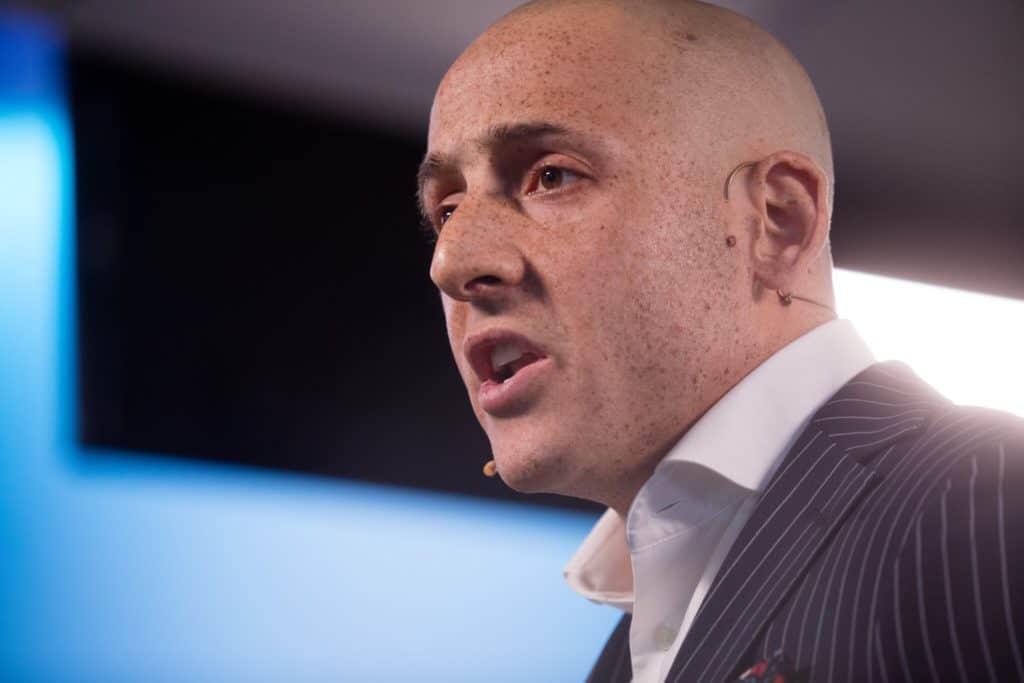
“When my hands left that rail – and my legs curled over – as soon as I left the bridge, I thought, ‘I don’t want to die.’ ”
Now, as an award-winning documentary filmmaker and mental-health advocate, Hines works to make others realize that suicide is not the answer. He wants to help make media that saves lives.
“If you know two people with BD, one will try to commit suicide. If you know five people with BD, one will succeed.”
For years, the only approved treatment for depression was electroshock therapy because it raised neurotransmitters. Murali Doraiswamy, MD, Professor of Psychiatry and Medicine at Duke University Health System, explained how we’re suddenly on the dawn of the age where we can identify proper treatment for mental health. What works for some might not work for others. The stress threshold in our brains is already set around the age of five or six, Doraiswamy explained. Some might blame their genes, but the total blame falls elsewhere.
“Genetics load the gun. Your lifestyle pulls the trigger,” stated Doraiswamy. A statement that really makes you take a second to think – and maybe even reevaluate your mental health status.
Hines left us with a vital reminder: “Our words and actions have the power to damage and destroy or to help and heal.”
In a state of being so easily connected to nearly everyone around the world through technology and social media, allow us to come together and heal. Together, we can be forces of nature.
Society’s Revolutionaries: Forces of Nature
In this discussion, leaders – and fathers – shared their journeys on the ultimate race against time … battling all-consuming diseases that their children were diagnosed with. They decided to stare at these diseases in the face and annihilate them. These fathers wouldn’t take no for an answer (who would?) and made the decision to turn their children’s suffering into a disease revolution.
“At that moment, we had the chance to get in the fetal position, dying, or fight. We chose to fight,” declared Gordon Gray, the Founder of Celenix and a film producer (McFarland, USA, The Game Plan, Million Dollar Arm, and more), on discussing his two daughters’ diagnoses of Batten disease (specifically CLN6), a rare and fatal neurological disease. Batten disease is an inherited disorder of the nervous system where a defect in a specific gene triggers cascading problems.
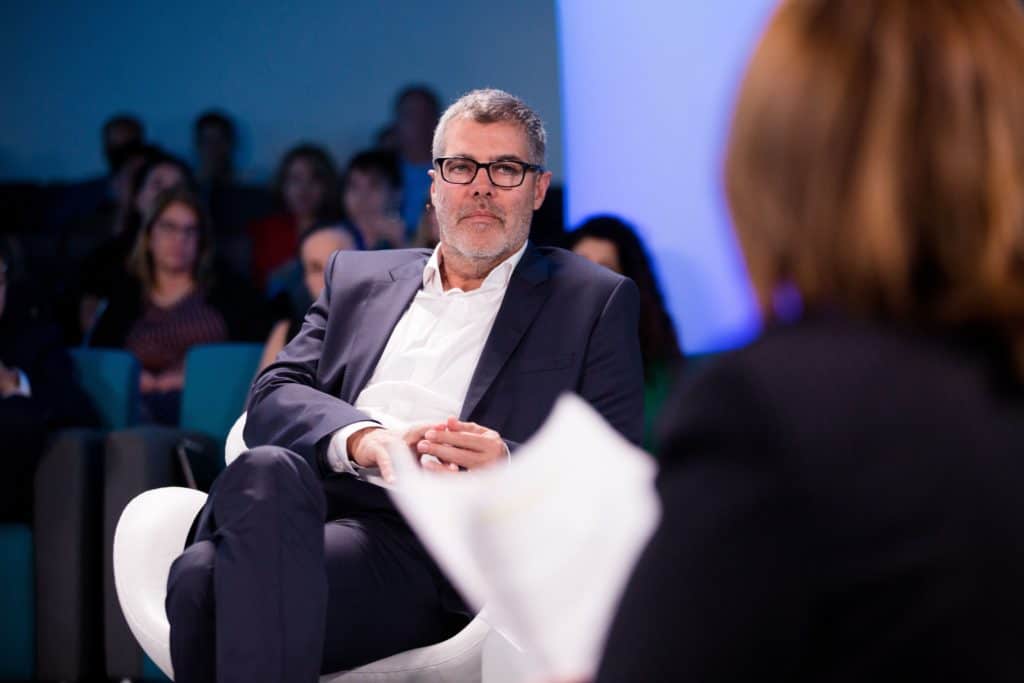
The motivating journey of how a Hollywood producer and father took his rage and turned it into something that will help others diagnosed with Batten disease in the future is awe-inspiring. A desperate race for a cure, battling time, led to a potential medical breakthrough. Gray was able to raise $3.5 million in donations, and his daughters became the pioneer recipients of the very first gene therapy of its kind in a clinical trial. Signs of a rebound in his girls are happening, slowly but surely, but strength is returning and deterioration has been halted.
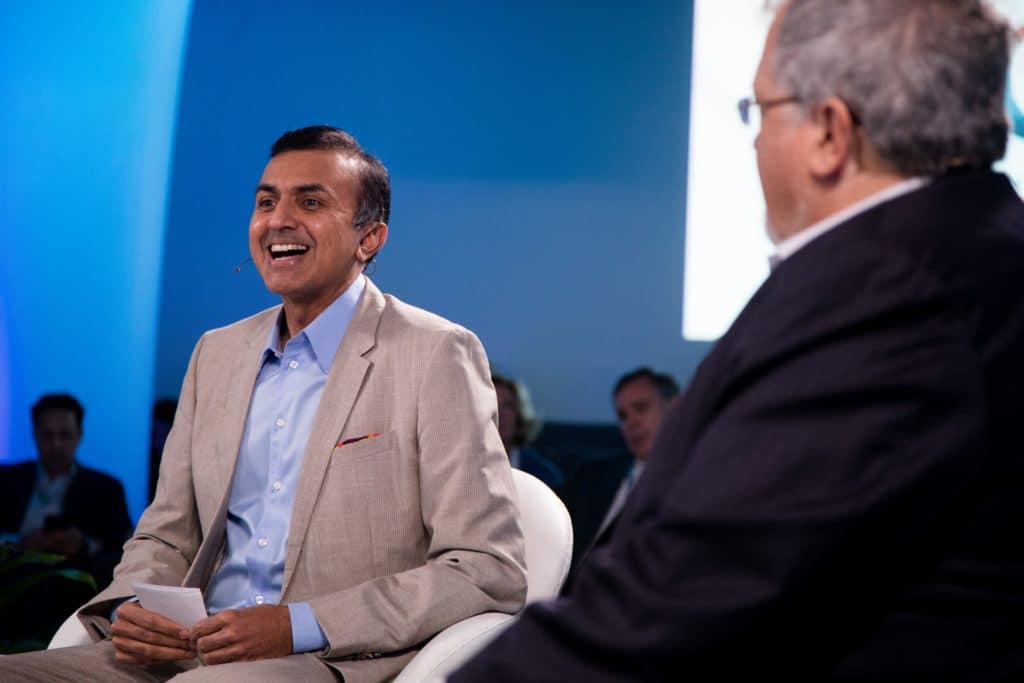
Many other topics were covered during this year’s Impact Forum; these were only a few that stuck out to us. We could’ve filled a whole newspaper with the medical happenings discussed! Until next year, Lake Nona Impact Forum!


